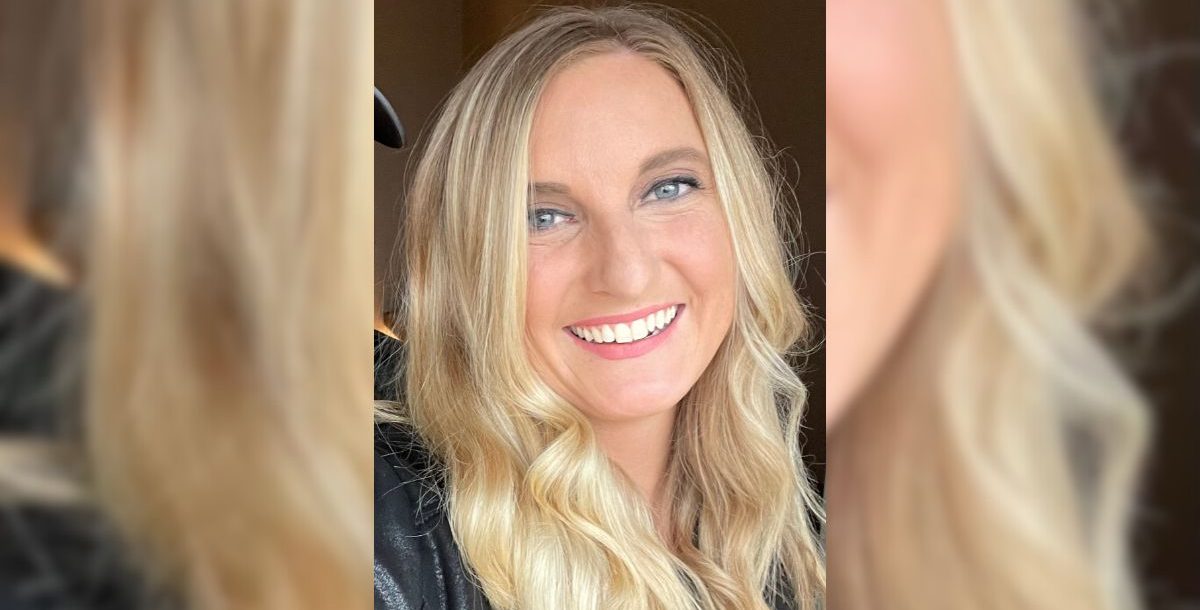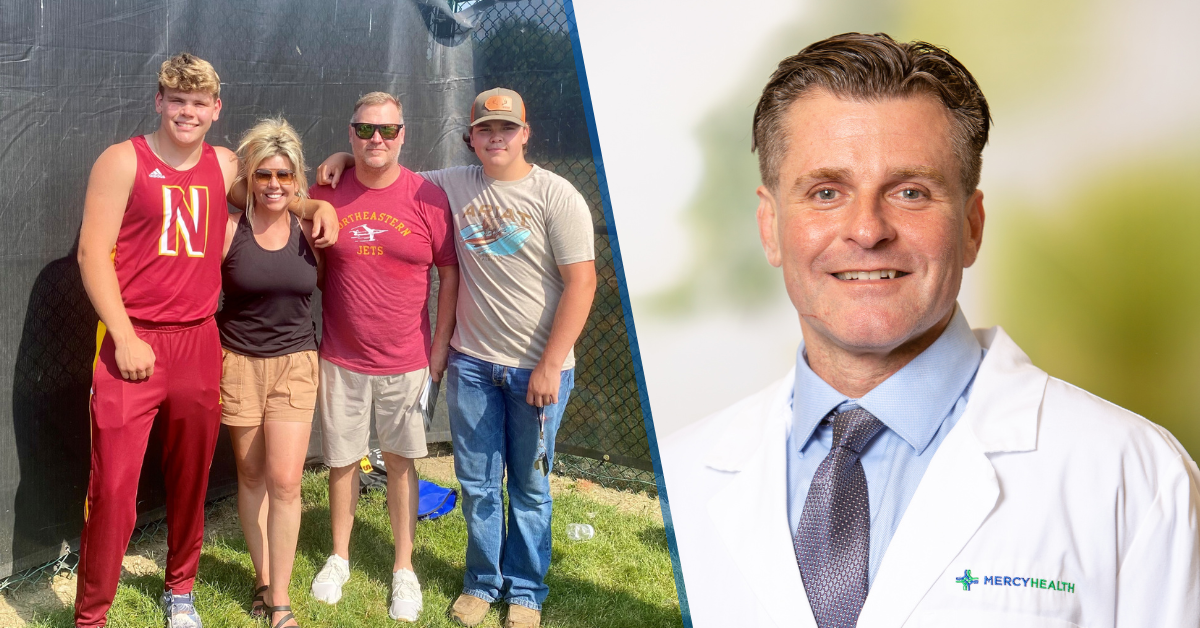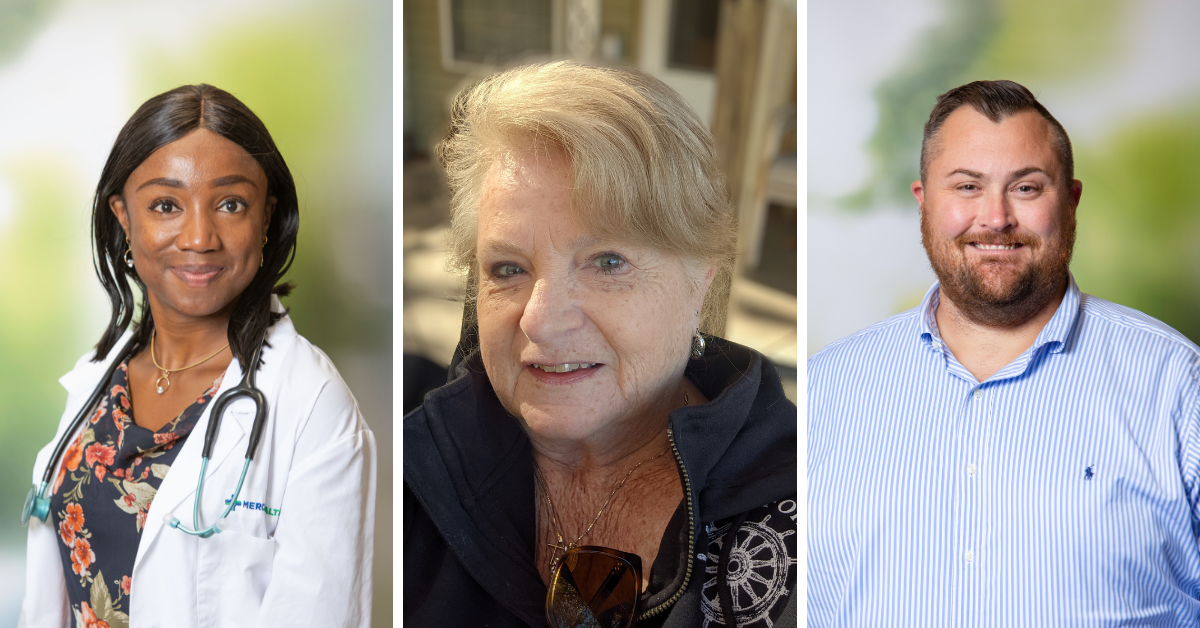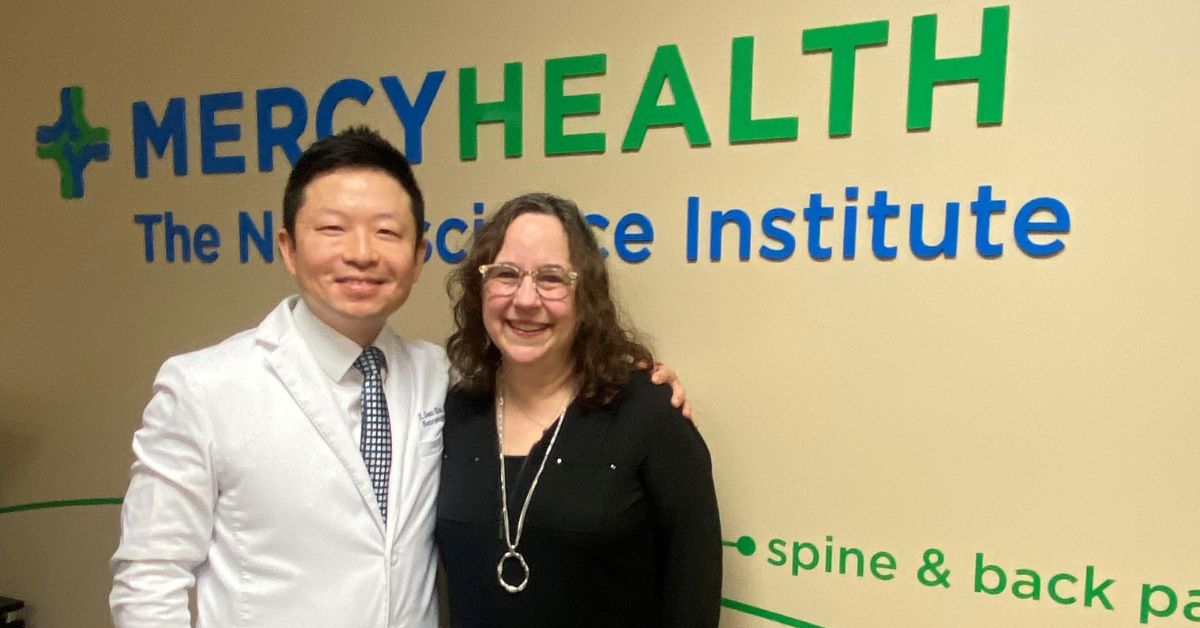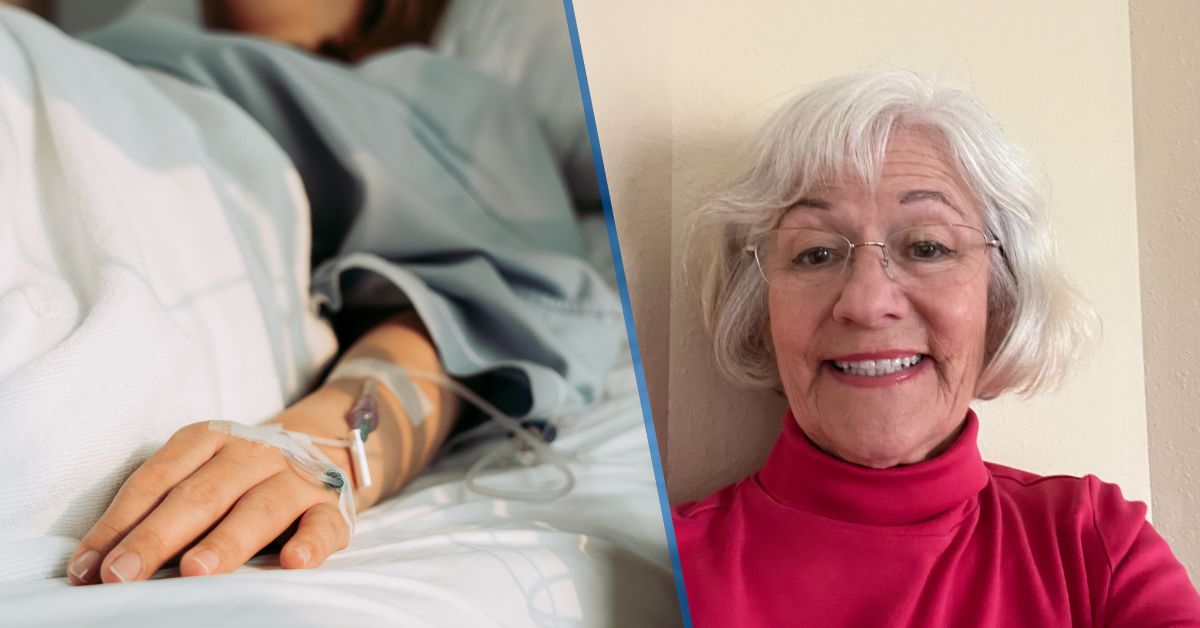Molly Karch, BSN, RN, is passionate about understanding how the brain works – something she became interested in when her 5-year-old was born with a brain abnormality.
Now, in her role as stroke coordinator for Mercy Health – Springfield Regional Medical Center, Molly uses that passion to help teach patients, team members and the community on the latest stroke research.
“We are usually with our patients during one of the scariest moments of their life,” Molly explains. “Being with them through their entire journey and seeing their positive outcomes is one of the most rewarding parts of my role.”
Molly believes the research and changes related to stroke care that have taken place over the past few years is encouraging to see. It also helps enable her team to give their patients the best possibility of life without a disability.
And one of the things Molly enjoys most about her role? Providing stroke education to her team and seeing them get excited about having a better understanding of strokes as well as how the latest research can improve care for their patients.
“I work with a caring, compassionate and innovative team and we treat our patients as if they are members of our family,” Molly shares. “We’re always trying to improve our stroke care process and help inform others about stroke education.”
Molly and her team use a variety of ways to help educate team members and their local communities.
Often, stroke alerts come from EMS teams out in the field who notify the team at Springfield Regional Medical Center so they can be ready when the patient arrives. Molly helped organize trainings with the local EMS teams on how to perform a Balance, Eyes, Face, Arms, Speech and Time – or “BEFAST” – stroke scale when they are answering an emergency call.
They also provide BEFAST magnets throughout their community and host stroke education events at local organizations, such as the United Seniors Services, so community members understand signs of a stroke and what to do if they see those signs.
And finally, to help train teams across the hospital in stroke care, Molly and her team hold mock stroke alerts in inpatient settings, providing details on BEFAST as well as the latest stroke research to units across the hospital. They also set up a speaker series featuring those in the stroke profession.
The goal of these trainings was to help anyone who may be in a room with a patient at any point better understand stroke alerts. Them knowing what to do can potentially save a life.
“If I can help give just one piece of information that could help someone save a life – whether their own or someone they know – that is truly amazing and is what I’m most proud that we’ve accomplished with our stroke program,” Molly says.
Learn more about the stroke care services we provide at Mercy Health.


